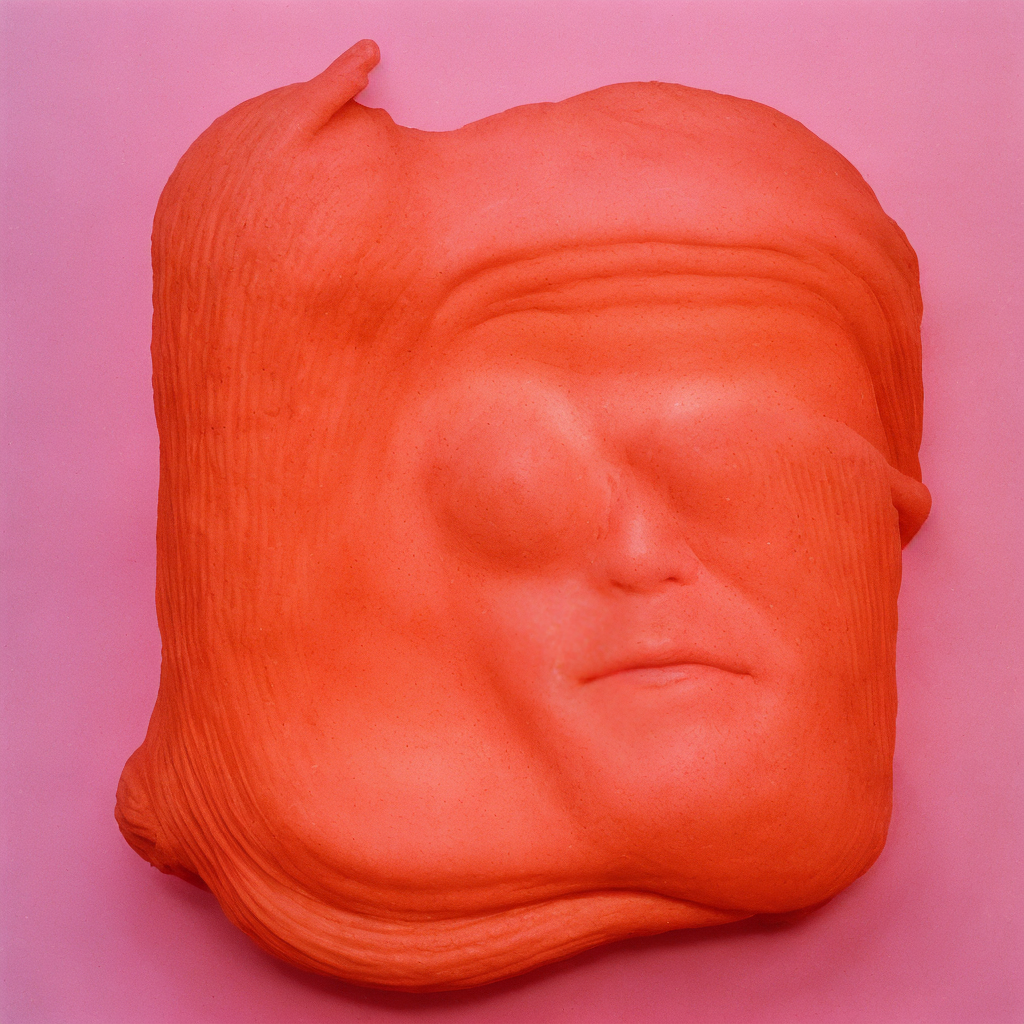Heidegger, à l’avenir / in the future

« La pensée de Heidegger est toujours devant vous […]. »
Catherine Malabou, Le change Heidegger. Du fantastique en philosophie, Paris, Éd. Léo Scheer, 2004, p., p. 11
Je n’ai jamais douté, depuis mes années d’étude au début des années 90, du nazisme et de l’antisémitisme de Heidegger. Alors, pourquoi le lire ? Sa pensée n’est-elle pas réductible à une simple propagande ?
Une histoire juive et véridique : à Tolbiac, il y avait un autre étudiant juif qui lisait Levinas, Scholem, Benjamin, le Talmud, etc. Connaissant mes lectures, il me prit à partie dans les couloirs en disant qu’il ne lirait jamais Heidegger parce qu’il avait été nazi. Je lui répondais que je comprenais et respectais son choix, mais que je le lisais précisément pour cette raison.
En lisant Heidegger, on prend un risque, celui d’estimer qu’une philosophie nazie est pensable et en le lisant de devoir le penser. Quand certains philosophes font l’équation : si nazi alors pas philosophe, ils expulsent à bon compte cette idéologie exterminationniste de leur discipline. Par là même, ils reproduisent cette tendance des vainqueurs à rendre homogène une idéologie qui était une constellation et à la rendre incompatible avec la pensée pour s’en préserver.
En ce sens, si Heidegger a été nazi et antisémite, il l’a été comme pouvait l’être un universitaire doté d’une pensée singulière, chacun s’étant approprié cette idéologie à sa façon. Il a été archinazi et archiantisémite. Car c’est bien dans l’erreur de cette homogénéisation idéologique que s’infiltrent les justifications de son parcours : son antisémitisme n’était pas biologique et dès lors certains estiment qu’il ne l’était pas au sens nazi. Mais que son antisémitisme ait pu être aussi spécifique que pouvait l’être sa pensée, n’enlève rien à son antisémitisme.
Nous faisons l’hypothèse qu’Heidegger est un des philosophes importants du XXe siècle, hypothèse indémontrable parce que seul le temps historique pourra le révéler, et qu’il a été archiantisémite et archinazi, et que cette tendance n’a pas été ponctuelle, passagère ou localisée dans son œuvre, qu’elle est architectonique. Nous faisons l’hypothèse qu’endurer notre époque c’est aussi endurer le fait de tenir ces deux fils : comment un philosophe important a-t-il été ainsi ? Comment a-t-il donné une trace historique à cette idéologie ? Comme lui a-t-il donné un avenir ? Comment a-t-il pu prendre cette responsabilité ?
Ceci a pour conséquence que nous n’en avons pas fini avec le nazisme et que malgré la victoire, le nazisme continu son sillon, qu’il serait irresponsable de faire de cette idéologie un trou noir impensable, une simple folie qu’il faut refuser d’endurer au risque de s’en infecter, etc. La conjuration n’a d’autre effet qu’un refoulement et une illusion d’être indemne. On croit que la lecture est un ensorcellement, que lire c’est devenir identique à ce qu’on lit.
En laissant Heidegger à l’alt.right, en l’excluant du domaine de la pensée, en le transformant en simple gourou prophétique sans discursivité dialogique, on laisse la puissance de sa pensée, c.-à-d.. l’avenir de sa pensée à l’extrême droite exterminationniste qui ne cesse d’étendre aujourd’hui son emprise. En décrédibilisant sa pensée, on croit avoir réglé le problème, mais on ne fait que le laisser à d’autres.
Seconde hypothèse : la pensée d’Heidegger est irrémédiablement nazie et antisémite, nous ne pouvons ni ne souhaitons la sauver, mais elle est ambiguë en un sens élevé. Un grand nombre de ses propositions le sont. Quand on le présente comme un anti-moderniste, anti-technologique, anti-scientifique, et si on s’en tient à une lecture précise, on méconnaît son ambivalence. C’est précisément cette ambivalence qu’il faut endurer, car c’est elle qui nous lie à sa pensée, c’est elle dont nous pouvons encore apprendre quelque chose.
Dans les années à venir, avec la résurgence de l’extrême droite exterminationniste qui va se déchaîner, trouvant des boucs émissaires pour occulter les tremblements terrifiants des vivants sur la Terre qui soustrait ce sur quoi nous nous tenions, la stabilité d’un sol, Heidegger va devenir un enjeu historique stratégique. Toute tentative pour le sauver est obscène, toute tentative de l’exclure est irresponsable. Il s’agit de l’endurer comme nous endurons l’horreur de notre époque, non parce que la croissance de cette horreur pourrait nous sauver, il n’y aura nul retournement final, mais parce que dans l’effort de cette endurance, nous pouvons trouver la force d’une autre pensée, une pensée autre que celle de Heidegger, une pensée autre aussi que celle qui l’exclue de la pensée.

Ever since my student days in the early 90s, I’ve never doubted Heidegger’s Nazism and anti-Semitism. So why read him? Isn’t his thought reducible to mere propaganda?
A true Jewish story: at Tolbiac, there was another Jewish student who read Levinas, Scholem, Benjamin, the Talmud and so on. Knowing what I read, he took me to task in the corridors, saying that he would never read Heidegger because he had been a Nazi. I replied that I understood and respected his choice, but that I was reading him precisely for that reason.
When you read Heidegger, you run the risk of believing that a Nazi philosophy is thinkable, and when you read him, you run the risk of having to think it. When certain philosophers make the equation: if Nazi, then not philosopher, they conveniently expel this exterminationist ideology from their discipline. At the same time, they reproduce the victors’ tendency to homogenize an ideology that was a constellation, and to render it incompatible with thought in order to preserve themselves from it.
In this sense, if Heidegger was a Nazi and an anti-Semite, he was so in the same way as any academic with a singular way of thinking, each having appropriated this ideology in his own way. He was an arch-Nazi and an arch-Antisemite. For it is in the error of this ideological homogenization that the justifications for his career seep in: his anti-Semitism was not biological, and so some believe that he was not anti-Semitic in the Nazi sense. But the fact that his anti-Semitism may have been as specific as his thought may have been in no way detracts from his anti-Semitism.
We hypothesize that Heidegger is one of the most important philosophers of the twentieth century – an unprovable hypothesis, because only historical time will prove it – and that he was both an arch-Semite and an arch-Nazi, and that this tendency was not punctual, fleeting or localized in his work, but architectonic. We hypothesize that to endure our times is also to endure the holding together of these two threads: how did an important philosopher become so? How did he give historical trace to this ideology? How did he give it a future? How did he take on this responsibility?
The consequence of this is that we are not finished with Nazism, and that despite the victory, Nazism continues to plough its furrow, that it would be irresponsible to turn this ideology into an unthinkable black hole, a simple madness that we must refuse to endure at the risk of becoming infected by it, and so on. Conjuration has no effect other than repression and the illusion of being unscathed. We believe that reading is a bewitchment, that to read is to become identical to what we read.
By leaving Heidegger to the alt.right, by excluding him from the realm of thought, by transforming him into a mere prophetic guru with no dialogical discursivity, we leave the power of his thought, i.e., the future of his thought, to the exterminationist far right, which today continues to extend its hold.
Second hypothesis: Heidegger’s thought is irredeemably Nazi and anti-Semitic – we can’t and don’t want to save it – but it is ambiguous in an elevated sense. Many of his propositions are. When we present him as anti-modernist, anti-technological, anti-scientific, and if we stick to a precise reading, we ignore his ambivalence. It is precisely this ambivalence that we must endure, for it is this ambivalence that binds us to his thought, it is this ambivalence from which we can still learn something.
In the years to come, with the resurgence of the exterminationist extreme right that will be unleashed, finding scapegoats to obscure the terrifying tremors of the living on Earth, Heidegger will become a strategic historical issue. Any attempt to save him is obscene, any attempt to exclude him is irresponsible. It’s a question of enduring him as we endure the horror of our times, not because the growth of this horror could save us – there will be no final reversal – but because in the effort of this endurance, we can find the strength of another thought, a thought other than Heidegger’s, a thought other too than that which excludes him from thought.
